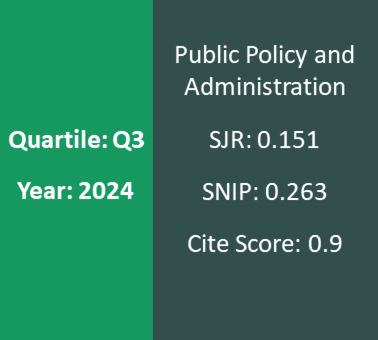State Administration in the Field of Education of People of the “Third Age” in Ukraine
DOI:
https://doi.org/10.5755/j01.ppaa.19.1.25187Keywords:
education, citizens of the “third age”, the quality of life, development, work modelsAbstract
Education of people of the “third age” is based on the fact that the ability to self-development and understanding of the surrounding world is reduced to the application of previously acquired knowledge in a certain period of time. At the same time, it is believed that a decrease in cognitive abilities and an increase in inaccuracies in motor skills leads to the fact that it is almost impossible to master new knowledge. Determining the extent to which this statement corresponds to psychological and educational attitudes shapes the relevance of the study. The novelty of the research is determined by the fact that, for the first time, it is proposed to approach the topic of education for people of “third age” not only as a problem, which is determined solely for increasing the employment of the population and raising the retirement age. The authors offer to consider the topic of the research as a factor in improving the standard of living and social adaptability of "third age" citizens. Models of university and distance education are considered in the article. The practical significance of the research is determined by the need to develop the issue outlined in the face of crisis and the desire of public administration to identify priorities for the formation of a qualitatively new social model. A model of comparative analysis with foreign models is used in the research as well as and the experience of implementation is offered to be implemented.





